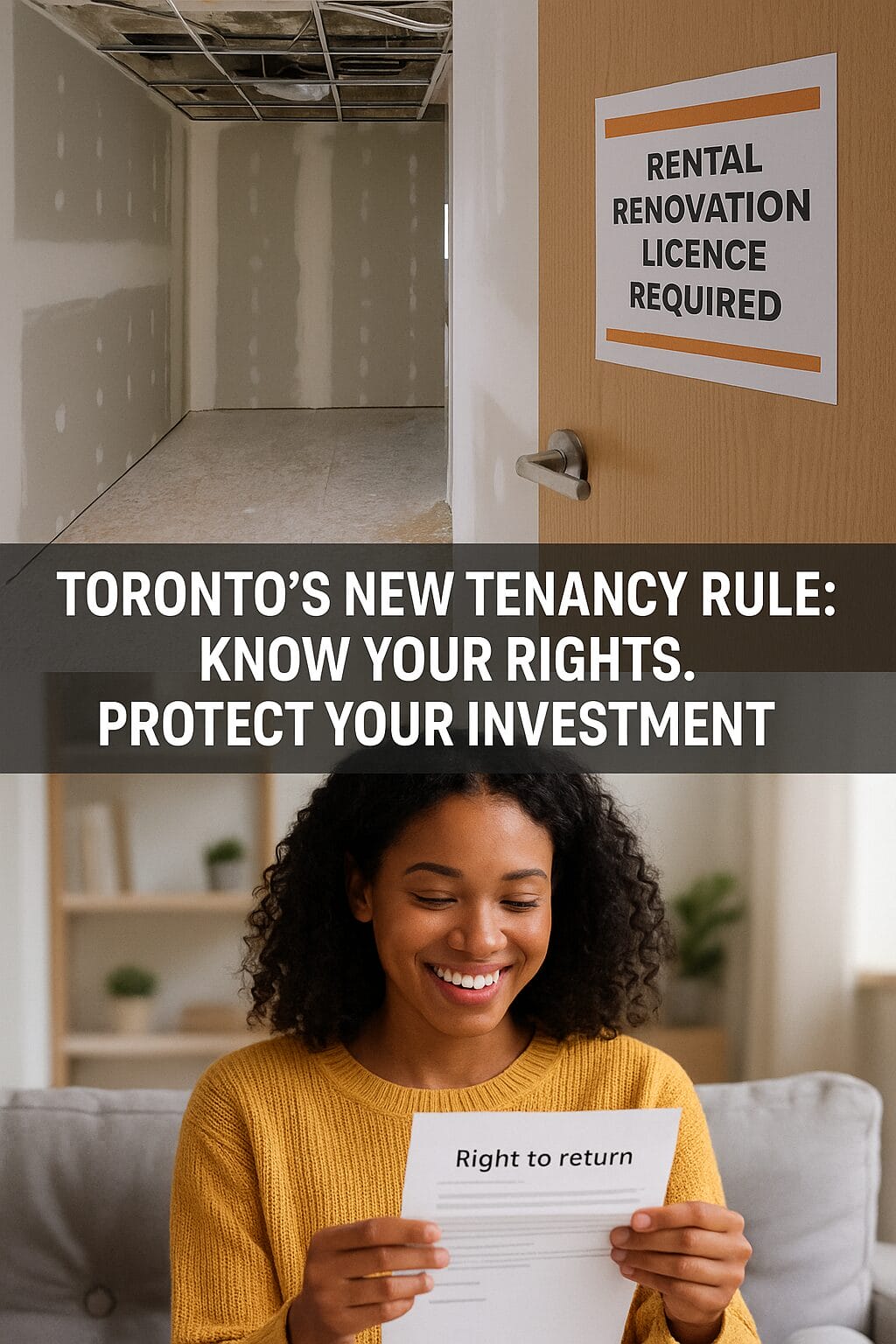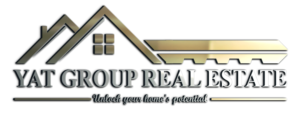Let’s Talk About the New Rental Rule in Toronto
If you’ve been keeping an eye on Toronto real estate this summer, you’ve probably heard something about the city’s new Rental Renovation Licence Bylaw. It officially kicks in on July 31, 2025, and it’s already making waves—especially among landlords and investors.
At first glance, it might seem like just another layer of red tape, but this one’s worth paying attention to. Whether you’re a landlord, buyer, tenant, or someone exploring rental income opportunities, this new rule will affect how properties are bought, sold, and renovated in Toronto.
What’s Changing?
Until now, some landlords were issuing N13 eviction notices—used when a unit needs to be vacant for renovations—without actually doing the work or planning to let the tenant return. That’s called renoviction, and unfortunately, it’s been a growing issue.
To curb that, the City of Toronto is introducing a Rental Renovation Licence. Here’s the gist:
- If you’re a landlord issuing an N13 notice, you now need to apply for a city-issued licence within 7 days of serving that notice.
- The licence application will cost $700 per unit and must include building permits, professional statements confirming the need for vacant possession, and a tenant compensation plan.
It’s not just paperwork—there’s a real obligation to follow through with the actual renovation, and to support the tenant fairly during the process.
Why This Matters
This new bylaw gives more structure (and accountability) to how rental renovations are handled. It’s good news for tenants, who’ve long worried about being pushed out unfairly. But it also matters to homebuyers and investors who are looking at rental properties as part of their portfolio.
If you’re buying a property with existing tenants—or planning to renovate—you’ll need to budget for these new steps and plan ahead.
For Tenants: What You’re Entitled To
Under the new rules, if you’re a tenant asked to move out for renovations, you’re now better protected than ever before.
- You must be informed about the licence and the status of the application
- You can verify the licence online with the City of Toronto
- You have the right to return to your unit once the work is done, at your previous rent
- If temporary housing is needed, the landlord is expected to cover the difference in rent or provide comparable accommodations
This levels the playing field—especially for long-time tenants in hot neighbourhoods.
For Buyers and Investors: Do Your Homework
If you’re thinking of buying a property with tenants or planning to rent it out in the future, here’s my advice:
- Check the rental status upfront.
If the property has tenants, find out if any N13 notices were issued—and whether a licence was obtained. - Talk to your realtor and lawyer.
Make sure your purchase agreement accounts for any renovation-related notices, permits, or tenant relocation obligations. - Factor in the real costs.
That $700 licence fee is just the beginning—you may also owe moving costs, rent top-ups, or even temporary housing.
Need Help Making Sense of It All?
I get it—this stuff can feel overwhelming. But you don’t have to figure it out alone.
If you have questions about this new rule or want to make sure your next move lines up with the latest regulations, let’s connect. I’ll walk you through what you need to know, help you avoid surprises, and make sure your investment stays solid—and fair.
📞 Book a free consultation with me, Mike Yat, and let’s make a plan that works for you and your future tenants.




